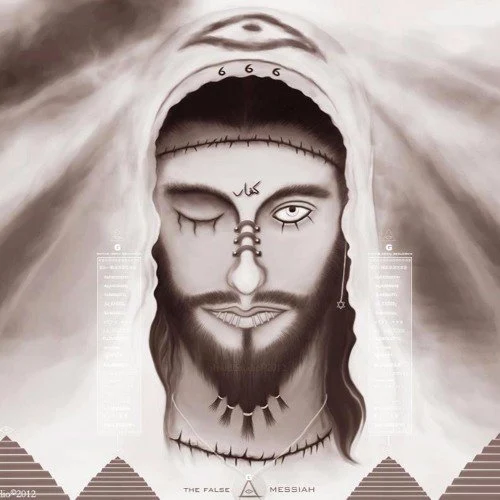Does Islam Seek World Domination?
Introduction
In contemporary discourse, questions about the intentions and future of Islam often arise, especially in the context of global politics and societal changes. One persistent query is whether Islam seeks world domination. This article delves deep into Islamic teachings, historical contexts, and eschatological beliefs to provide a comprehensive answer to this complex question.
Understanding the Eschatological Beliefs in Islam
Islamic eschatology provides significant insights into the religion's stance on its ultimate fate and role in the world. According to Sahih Bukhari, one of the most respected collections of Hadith, the end times are marked by a series of profound changes and events. The Hadith narrated by the Prophet Muhammad (peace be upon him) states:
The Decline of Religious Knowledge and Ignorance of Faith
Mainstream Islamic sects agree that the world will eventually end, accompanied by many destined events, including the decline of religion. The Hadith suggests a future where Islam will be severely weakened. As time progresses, the prevalence of religious ignorance signifies a departure from the principles and teachings that Islam advocates.
Kali Mata Or Dajjal Ka Rishta | Yajooj Majooj | Signs of Qayyamat | Muslim Matters TV
Islam's Current and Future Demographics
Today, there are approximately 1.8 billion Muslims out of a global population of 7 billion. Projecting into the future, it's anticipated that the ratio will significantly change. In a hypothetical future, such as the year 2400, it's conceivable that the number of Muslims could dwindle to 1.8 million in a world populated by 18 billion people. This projection further underscores that Islam does not foresee a future where it dominates the world but rather envisions a scenario of gradual decline.
The Arrival of Dajjal: The Ultimate Test
Islamic eschatology also foretells the arrival of a demon-like figure known as Dajjal during the end times. Dajjal, described as having one eye and bearing an inscription (some say “infidel,” others say “deception”) on his forehead, symbolizes a period of great trials and tribulations for believers. His arrival marks a climactic point, after which he will be vanquished. This narrative focuses on the spiritual and moral challenges facing humanity rather than a quest for global domination.
Historical Context and Misconceptions
Expansion and Spread of Islam
Historically, Islam did expand rapidly during its early centuries, spreading across vast regions from the Arabian Peninsula to parts of Europe, Asia, and Africa. This expansion was driven by a combination of trade, cultural exchange, and, at times, military conquests. However, it's crucial to understand that these expansions were not solely about religious domination but also involved complex socio-political and economic factors.
Jihad and Its Interpretations
The concept of Jihad is often misunderstood. While it can mean "holy war," its primary meaning in Islam is "struggle" or "striving," particularly in the spiritual sense. Greater Jihad refers to the personal, internal struggle against sin, while Lesser Jihad can involve defense of the Muslim community. The notion of Jihad as a means for world domination is a gross oversimplification and misrepresentation of a multifaceted religious duty.
The Role of Islam in Modern Society
Peace and Coexistence
Modern Islamic teachings emphasize peace, coexistence, and mutual respect among different faiths and cultures. The Quran explicitly states, “There is no compulsion in religion” (Quran 2:256), advocating for freedom of belief and non-coercive spread of faith.
Contributions to Global Civilization
Islam has significantly contributed to various fields such as science, medicine, philosophy, and art. Throughout history, the Islamic world has been a cradle of knowledge, fostering advancements that have benefited all of humanity. This legacy underscores a tradition of engagement and contribution rather than domination.
Conclusion
The question of whether Islam seeks world domination is often rooted in misunderstandings and misrepresentations of Islamic teachings and history. Islamic eschatology, historical context, and modern interpretations all indicate that Islam does not aim for global domination but rather promotes a path of spirituality, peace, and coexistence. The decline in religious knowledge and the challenges foretold in Islamic eschatology further dispel the myth of an ultimate quest for world domination.
For those seeking to understand Islam's true essence, it's vital to engage with its teachings and history with an open mind and heart, recognizing its profound contributions to human civilization and its enduring message of peace.












If you have any doubts. Please let me know.